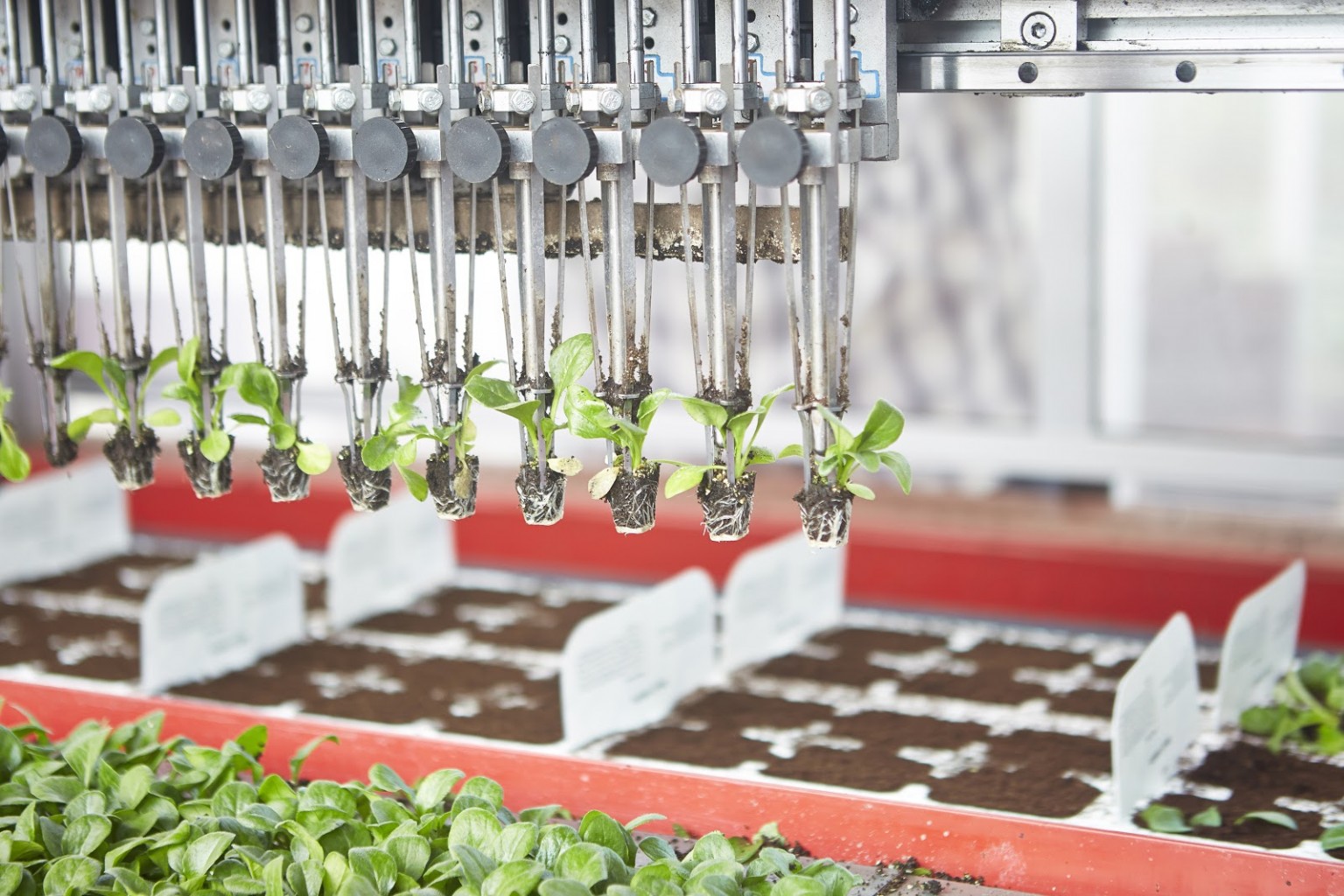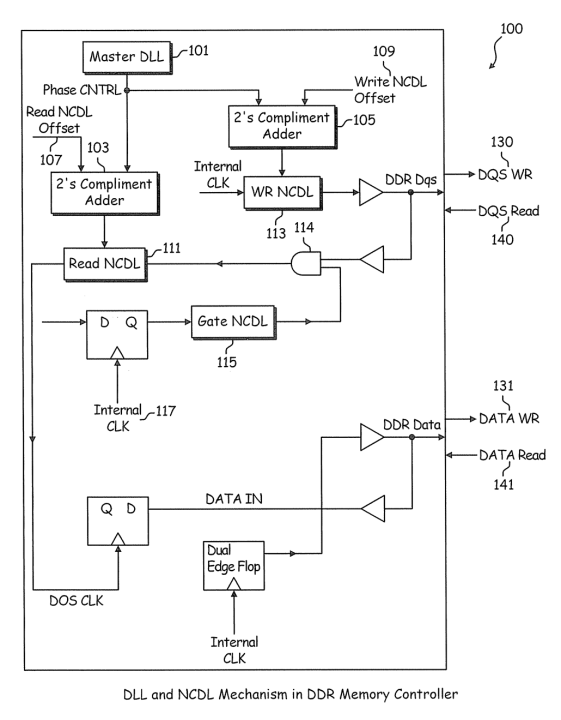
Collaboration to Discover New Crop Protection Technologies
Monsanto announced a collaboration with Atomwise, a company specializing in artificial intelligence for drug discovery. Together, they intend to develop new bioscience technologies protecting crop production. Monsanto is a big player when it comes to plant biotechnology patenting. The company is known for its innovations in crop protection methods and plant seeds. Atomwise will leverage their deep learning algorithms in artificial intelligence research and development to predict new crop production and protection technologies. Atomwise has partnered with a number of universities and drug companies in drug discovery for indications in Ebola, Leukemia, Brain Cancer, and more.
This collaboration forecasts a greater reliance on artificial intelligence to assist with the technology development and patents in agriculture and other legacy industries beyond computer engineering. The use of artificial intelligence for discovering new molecules can drastically cut down the time it takes traditional laboratory methods.
Since launching in 2012, Atomwise holds just five artificial intelligence (AI) patents, but they plan on using their technologies to upend the way drug discoveries are made. These patents are in the fields of deep learning, data structuring, and classification.
Atomwise Patent Classifications
| G06N | COMPUTER SYSTEMS BASED ON SPECIFIC COMPUTATIONAL MODELS |
| G06K | RECOGNITION OF DATA |
| G06F | ELECTRICAL DIGITAL DATA PROCESSING |
| G06T | IMAGE DATA PROCESSING OR GENERATION, IN GENERAL |
Monsanto’s Top 5 Granted Patent Classifications
On the other hand, Monsanto dominates the seed and agriculture markets in the US; they own more than 60,000 patents in agriculture and micro-organism compounds worldwide.
| Classification | Count | |
| A01H | NEW PLANTS OR PROCESSES FOR OBTAINING THEM | 4,538 |
| C12N | MICRO-ORGANISMS OR ENZYMES | 2,995 |
| A01N | PRESERVATION OF BODIES OF HUMANS OR ANIMALS OR PLANTS OR PARTS THEREOF | 2,994 |
| C07C | ACYCLIC OR CARBOCYCLIC COMPOUNDS | 2,533 |
| C07F | ACYCLIC, CARBOCYCLIC OR HETEROCYCLIC COMPOUNDS CONTAINING ELEMENTS OTHER THAN CARBON, HYDROGEN, HALOGEN, OXYGEN, NITROGEN, SULFUR, SELENIUM OR TELLURIUM | 2,238 |
Monsanto’s Recent M&A Activity
Last year, Monsanto acquired WeatherMe, a tool for farm management and plant disease forecasting. WeatherMe uses statistical pattern recognition to better manage crop production. This could concern other innovators in agriculture looking to break in or retain market share, especially given Monsanto’s recently announced merger with Bayer. By itself, Bayer is heavily invested in crop science and artificial intelligence; they have marketed several of pesticides and herbicides derived from collaborations and AI. Bayer has also announced a number of recent collaborations in agricultural research, crop protection methods, and enhancing crop yields. Though the Monsanto – Bayer acquisition may hit some roadblocks, such an acquisition would radically change the agribusiness landscape.
The Future of Agribusiness
A successful, patented product in crop protection will affect the future of agribusiness. Many companies are hoping to solve the issues that plague farmers around the world, including:
- diseases that affect plant populations,
- climate change,
- soil degradation, and
- waste.
Corporations should be looking toward artificial intelligence research and development to bolster their own product offerings. With these tools combined, one could speculate that Monsanto is attempting to grow its position in the crop management and protection space using artificial intelligence. Optimizing farming practices around the world will be one of the most crucial areas for innovators in the coming decades. As the global population rises, the demand for food will further strain the already limited resources available. An innovation that makes crop production more sustainable and efficient will have massive global impact, and thus, massive profit.




